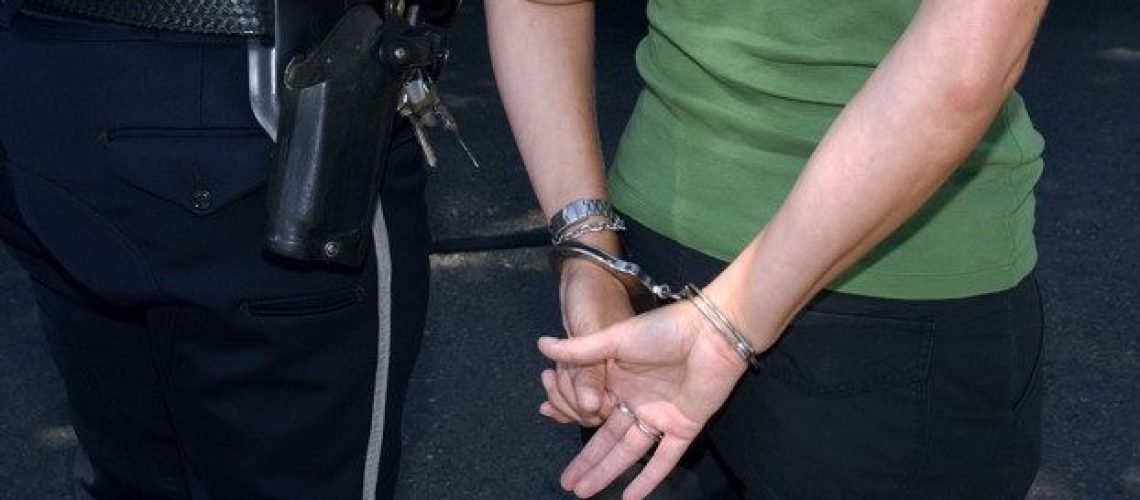Getting re-arrested while out on bond can have serious legal and financial consequences. The court may revoke bail, impose stricter conditions, or increase penalties for the original and new charges. Here’s what happens next.
1. Immediate Consequences of Re-Arrest
If a defendant is arrested again while out on bond, they will:
- Be taken back into custody – Law enforcement will process the new charges.
- Face a bail revocation hearing – The judge may decide to cancel bail for the previous case.
- Risk losing the original bail money – The court may forfeit the initial bond.
- Receive additional charges – Committing another crime could lead to harsher sentencing.
2. Will the Original Bail Be Revoked?
The judge has the authority to revoke bail, meaning the defendant must stay in jail until trial. Revocation usually happens when:
- The new charges are serious, such as violent crimes or felonies.
- The defendant is considered a repeat offender.
- The defendant violates bail conditions, such as traveling without permission or missing court dates.
- The judge determines the defendant is a flight risk.
If bail is revoked, the defendant cannot get another bond unless the court grants special permission.
3. Can You Get Another Bail Bond After Re-Arrest?
It depends on the severity of the charges and the judge’s discretion. Factors that affect eligibility for a second bond include:
- Nature of the new offense – Minor offenses may still allow bail, but major crimes could result in denial.
- Criminal history – Repeat offenders have a lower chance of getting bail.
- Ties to the community – Employment, family, and strong local connections can help secure a second bond.
If granted another bond, expect stricter conditions such as:
- Higher bail amount
- Electronic monitoring, such as an ankle bracelet
- Frequent check-ins with a bail agent
4. What Happens to the Original Bail Money?
If the defendant violates bail conditions or commits another crime, the court may forfeit the initial bail. This means:
- Cash bail is lost – If the original bail was paid in full, the court keeps the money.
- Bail bondsman loses the bond – If a bail agent covered the original bond, they may demand payment from the co-signer.
- Co-signer becomes responsible – If you co-signed the first bond, you could owe the full bail amount.
5. How to Handle a Re-Arrest Situation
If a defendant gets re-arrested:
- Contact an attorney immediately – A lawyer can negotiate with the court for a second bail option.
- Call the bail bondsman – Inform the Connecticut Bail Bonds Group to discuss options.
- Attend all court hearings – Missing court dates after re-arrest will almost guarantee bail revocation.
Need Help After a Re-Arrest? Call (800) 522-4534 or visit Connecticut Bail Bonds Group for expert bail assistance. Find their nearest location on Google Maps.


